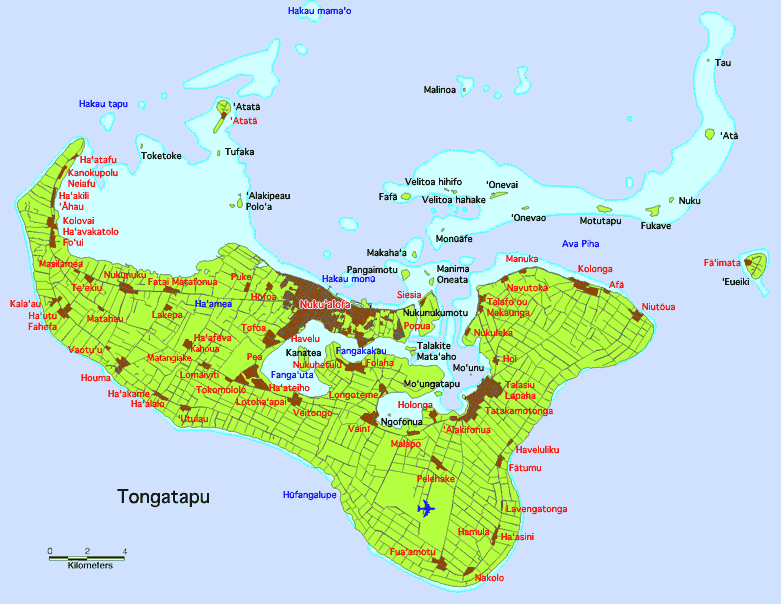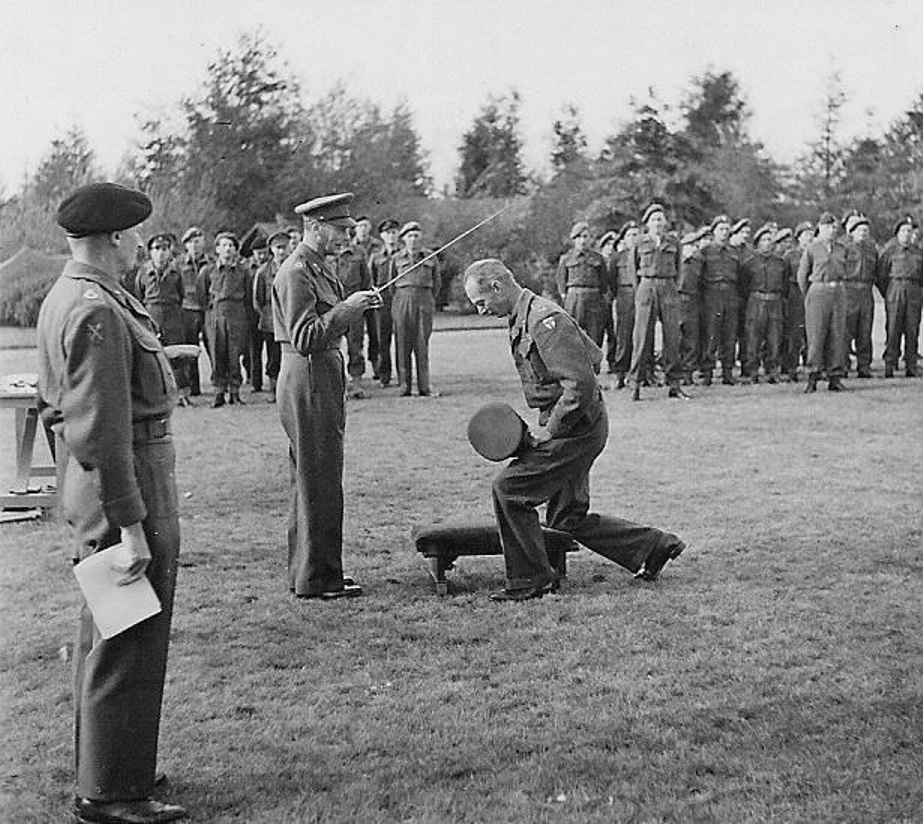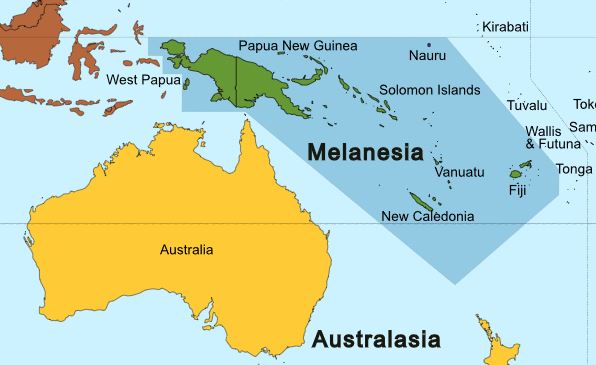|
Kolovai
Kolovai is a village on the Tongan island of Tongatapu. Its 2006 population was 4,098. The village is notable for its lakalaka, the national dance of Tonga. A national monument has been proposed to preserve the site of the koka tree where members of the Tu'i Kanokupolu dynasty received investiture. It is home to a large colony of Pacific Flying Foxes, a species of fruit bat Megabats constitute the family Pteropodidae of the order Chiroptera (bats). They are also called fruit bats, Old World fruit bats, or—especially the genera ''Acerodon'' and ''Pteropus''—flying foxes. They are the only member of the sup .... References Populated places in Tonga Tongatapu {{Tonga-geo-stub ... [...More Info...] [...Related Items...] OR: [Wikipedia] [Google] [Baidu] |
Tonga
Tonga (, ; ), officially the Kingdom of Tonga ( to, Puleʻanga Fakatuʻi ʻo Tonga), is a Polynesian country and archipelago. The country has 171 islands – of which 45 are inhabited. Its total surface area is about , scattered over in the southern Pacific Ocean. As of 2021, according to Johnson's Tribune, Tonga has a population of 104,494, 70% of whom reside on the main island, Tongatapu. The country stretches approximately north-south. It is surrounded by Fiji and Wallis and Futuna (France) to the northwest; Samoa to the northeast; New Caledonia (France) and Vanuatu to the west; Niue (the nearest foreign territory) to the east; and Kermadec (New Zealand) to the southwest. Tonga is about from New Zealand's North Island. First inhabited roughly 2,500 years ago by the Lapita civilization, Tonga's Polynesian settlers gradually evolved a distinct and strong ethnic identity, language, and culture as the Tongan people. They were quick to establish a powerful footing acr ... [...More Info...] [...Related Items...] OR: [Wikipedia] [Google] [Baidu] |
Tongatapu
Tongatapu is the main island of Tonga and the site of its capital, Nukualofa. It is located in Tonga's southern island group, to which it gives its name, and is the country's most populous island, with 74,611 residents (2016), 70.5% of the national population, on . Based on Google Earth Pro, its maximum elevation is at least above sea level along Liku Road at 21 degrees 15 minutes and 55.7 seconds south 175 degrees 08 minutes 06.4 seconds west, but could be even higher somewhere else. Tongatapu is Tonga's centre of government and the seat of its monarchy. Tongatapu has experienced more rapid economic development than the other islands of Tonga, and has thus attracted many internal migrants from them. Geography The island is (or including neighbouring islands) and rather flat, as it is built of coral limestone. The island is covered with thick fertile soil consisting of volcanic ash from neighbouring volcanoes. At the steep coast of the south, heights reach an average of , a ... [...More Info...] [...Related Items...] OR: [Wikipedia] [Google] [Baidu] |
Secretariat Of The Pacific Community
The Pacific Community (PC), formerly the South Pacific Commission (SPC), is an international development organisation governed by 27 members, including 22 Pacific island countries and territories. The organisation's headquarters are in Nouméa, New Caledonia, and it has regional offices in Suva, Pohnpei, and Port Vila, as well as field staff in other locations in the Pacific. Its working languages are English and French. It primarily provides technical and scientific advice, and acts as a conduit for funding of development projects from donor nations. Unlike the slightly smaller Pacific Islands Forum, the SPC is not a trade bloc, and does not deal with military or security issues. The SPC's regional development issues include climate change, disaster risk management, fisheries, food security, education, gender equality, human rights, non-communicable diseases, agriculture, forestry and land use, water resources, and youth employment. History The Pacific Community was founded ... [...More Info...] [...Related Items...] OR: [Wikipedia] [Google] [Baidu] |
Lakalaka
The lakalaka (walking briskly) is a Tongan group dance where the performers are largely standing still and make gestures with their arms only. It is considered as the national dance of Tonga and part of the intangible human heritage. It is the ideal dance at formal occasions, like the birthday of the king or the opening of a church. History The current lakalaka seems to be quite equal to the ancient ''meelaufola'' (outstretched arms dance), of which descriptions exist from early European explorers, but the dance was forbidden by the missionaries for being too 'heathen'. This was confirmed in the 1850 code of King Tāufaāhau Tupou I. Notably, an article to that effect was absent from the 1862 code, although it was reinserted by 1885. In any case, none of these laws specified exactly what was meant by 'heathen dance'. There are reports of some huge dance festivals during these times, and no reports of any arrests. Admittedly, the pre-missionary pōmee (night dances), after which c ... [...More Info...] [...Related Items...] OR: [Wikipedia] [Google] [Baidu] |
UNESCO
The United Nations Educational, Scientific and Cultural Organization is a specialized agency of the United Nations (UN) aimed at promoting world peace and security through international cooperation in education, arts, sciences and culture. It has 193 member states and 12 associate members, as well as partners in the non-governmental, intergovernmental and private sector. Headquartered at the World Heritage Centre in Paris, France, UNESCO has 53 regional field offices and 199 national commissions that facilitate its global mandate. UNESCO was founded in 1945 as the successor to the League of Nations's International Committee on Intellectual Cooperation.English summary). Its constitution establishes the agency's goals, governing structure, and operating framework. UNESCO's founding mission, which was shaped by the Second World War, is to advance peace, sustainable development and human rights by facilitating collaboration and dialogue among nations. It pursues this objective t ... [...More Info...] [...Related Items...] OR: [Wikipedia] [Google] [Baidu] |
Tu'i Kanokupolu
Tu'i, also spelled more simplistically Tui, is a Polynesian traditional title for tribal chiefs or princes. In translations, the highest such positions are often rendered as "king". For details, see the links below various polities. Traditionally, a Tui is an equivalent of God title. Origin of Tui is believed to be Tui Manu'a (the title given to the son of the Polynesian God Tagaloa, and therefore Tui were viewed as living Gods). Tonga See: *Tu'i Tonga *Tu'i Ha'atakalaua *Tu'i Kanokupolu *Tui Harris Fiji See House of Chiefs (Fiji) Samoa There are several Samoan polities and titles (several including the term Tui) in the present kingdom. On American Samoa, the paramount chief is titled Tu'i Manu'a Wallis and Futuna On Futuna island, see Tu`i Agaifo of Alo. There is also the Chief of Sigave; however, depending on the family, they carry the specific title of Sau?, Tamolevai, Keletaona, or Tu`i Sigave. On `Uvea Wallis ( Wallisian: ''Uvea'') is a Polynesian atoll/island in t ... [...More Info...] [...Related Items...] OR: [Wikipedia] [Google] [Baidu] |
Investiture
Investiture (from the Latin preposition ''in'' and verb ''vestire'', "dress" from ''vestis'' "robe") is a formal installation or ceremony that a person undergoes, often related to membership in Christian religious institutes as well as Christian knighthoods or damehoods, in addition to government offices. In an investiture, a person may receive an outward sign of their membership, such as their religious habit, an ecclesiastical decoration (as with chivalric orders) or a scapular (as with confraternities); they may be given the authority and regalia of a high office. Investiture can include formal dress and adornment such as robes of state or headdress, or other regalia such as a throne or seat of office. An investiture is also often part of a coronation rite or enthronement. Christianity Religious institutes Investiture indicates in religious orders the usually ceremonial handing over of the religious habit to a new novice. The investiture usually takes place upon admission to ... [...More Info...] [...Related Items...] OR: [Wikipedia] [Google] [Baidu] |
La Trobe University
La Trobe University is a public research university based in Melbourne, Victoria, Australia. Its main campus is located in the suburb of Bundoora. The university was established in 1964, becoming the third university in the state of Victoria and the twelfth university in Australia. La Trobe is one of the Australian verdant universities and also part of the Innovative Research Universities group. La Trobe's original and principal campus is located in the Melbourne metropolitan area, within the northern Melbourne suburb of Bundoora. It is the largest metropolitan campus in the country, occupying over . It has two other major campuses located in the regional Victorian city of Bendigo and the twin border cities of Albury-Wodonga. There are two smaller regional campuses in Mildura and Shepparton and a city campus in Melbourne's CBD on Collins Street and in Sydney on Elizabeth Street. La Trobe offers undergraduate and postgraduate courses across its two colleges of Arts, Social ... [...More Info...] [...Related Items...] OR: [Wikipedia] [Google] [Baidu] |
Pacific Flying Fox
The insular flying fox or Pacific flying fox (''Pteropus tonganus'') is a species of flying fox in the family Pteropodidae. It is geographically widespread, the most widespread flying fox in the Pacific: it is found in American Samoa, the Cook Islands, Fiji, New Caledonia, Niue, Papua New Guinea, Samoa (where it is called ''pe'a fanua, pe'a fai'' and ''taulaga''), the Solomon Islands, Tonga, and Vanuatu. History Archaeologists on an excavation site at Rurutu announced in 2006 some important fossil finds: Description The range of coloration in this bat species varies somewhat. Its back is described as black or seal brown; its mantle has been called orange, yellow, cream buff, and tawny. This bat lacks an interfemoral membrane; its forearms and tibia are bare, and the fur of the males is described as "stiff, short, oily hairs". In flight, their outstretched wings appear a translucent dark brown when viewed from below. Distribution and habitat The insular flying fox has a wid ... [...More Info...] [...Related Items...] OR: [Wikipedia] [Google] [Baidu] |
Fruit Bat
Megabats constitute the family Pteropodidae of the order Chiroptera (bats). They are also called fruit bats, Old World fruit bats, or—especially the genera ''Acerodon'' and ''Pteropus''—flying foxes. They are the only member of the superfamily Pteropodoidea, which is one of two superfamilies in the suborder Yinpterochiroptera. Internal divisions of Pteropodidae have varied since subfamilies were first proposed in 1917. From three subfamilies in the 1917 classification, six are now recognized, along with various tribes. As of 2018, 197 species of megabat had been described. The leading theory of the evolution of megabats has been determined primarily by genetic data, as the fossil record for this family is the most fragmented of all bats. They likely evolved in Australasia, with the common ancestor of all living pteropodids existing approximately 31 million years ago. Many of their lineages probably originated in Melanesia, then dispersed over time to mainland Asia, th ... [...More Info...] [...Related Items...] OR: [Wikipedia] [Google] [Baidu] |
Smith College
Smith College is a Private university, private Liberal arts colleges in the United States, liberal arts Women's colleges in the United States, women's college in Northampton, Massachusetts. It was chartered in 1871 by Sophia Smith (Smith College), Sophia Smith and opened in 1875. It is the largest member of the historic Seven Sisters (colleges), Seven Sisters colleges, a group of elite women's colleges in the Northeastern United States. Smith is also a member of the Five College Consortium, along with four other nearby institutions in the Pioneer Valley: Mount Holyoke College, Amherst College, Hampshire College, and the University of Massachusetts Amherst; students of each college are allowed to attend classes at any other member institution. On campus are Smith's Smith College Museum of Art, Museum of Art and The Botanic Garden of Smith College, Botanic Garden, the latter designed by Frederick Law Olmsted. Smith has 41 academic departments and programs and is structured around a ... [...More Info...] [...Related Items...] OR: [Wikipedia] [Google] [Baidu] |
Populated Places In Tonga
Population typically refers to the number of people in a single area, whether it be a city or town, region, country, continent, or the world. Governments typically quantify the size of the resident population within their jurisdiction using a census, a process of collecting, analysing, compiling, and publishing data regarding a population. Perspectives of various disciplines Social sciences In sociology and population geography, population refers to a group of human beings with some predefined criterion in common, such as location, race, ethnicity, nationality, or religion. Demography is a social science which entails the statistical study of populations. Ecology In ecology, a population is a group of organisms of the same species who inhabit the same particular geographical area and are capable of interbreeding. The area of a sexual population is the area where inter-breeding is possible between any pair within the area and more probable than cross-breeding with in ... [...More Info...] [...Related Items...] OR: [Wikipedia] [Google] [Baidu] |





.jpg)
